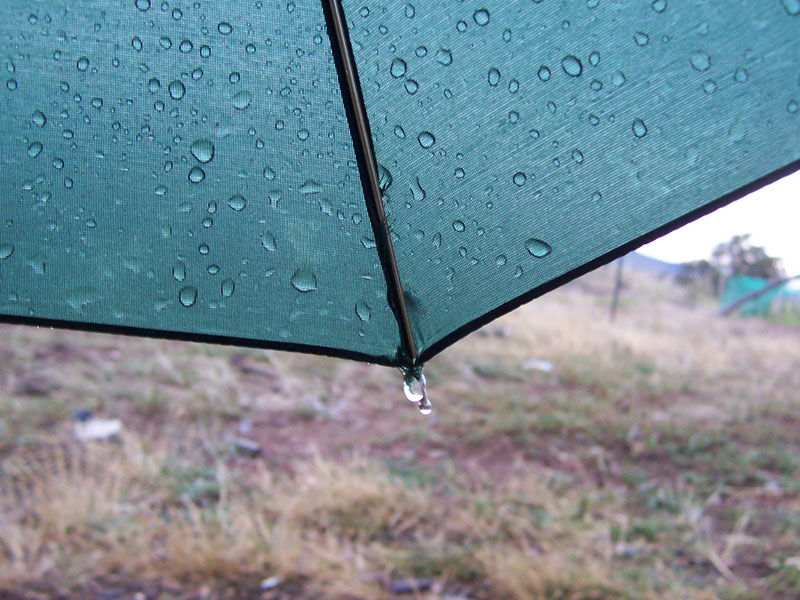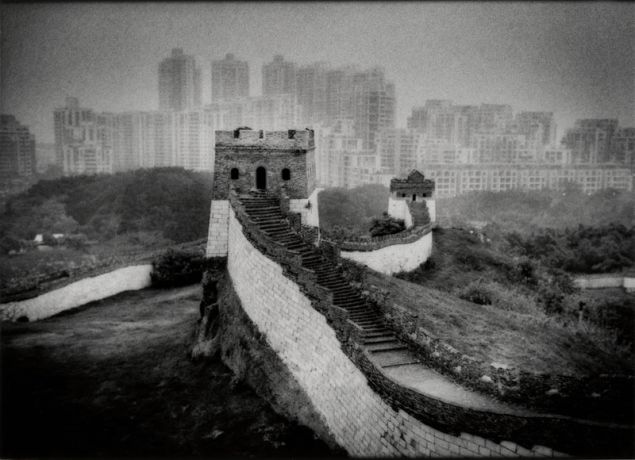
Photo courtesy Wikipedia
Increasing air pollution over China in the past 50 years has reduced days of rainfall by nearly a quarter in the eastern half of the country—home to most Chinese people and pollution. Bad air is now likely affecting the country’s ability to grow food crops, as well as causing a flood of health and environmental problems.
The study in the Journal of Geophysical Research-Atmospheres links for the first time high levels of air pollutants with conditions preventing the light rainfall critical for agriculture. The research suggests that reducing air pollution might ease the drought in north China.
In the last 50 years, southeastern China has seen increased amounts of total rainfall per year, while the northern half has seen less rain and more droughts. But the light rainfall that sustains crops has decreased everywhere. At the same time China’s population has more than doubled and sulfur emissions from fossil fuel burning have exploded to nine times their levels 50 years ago.















